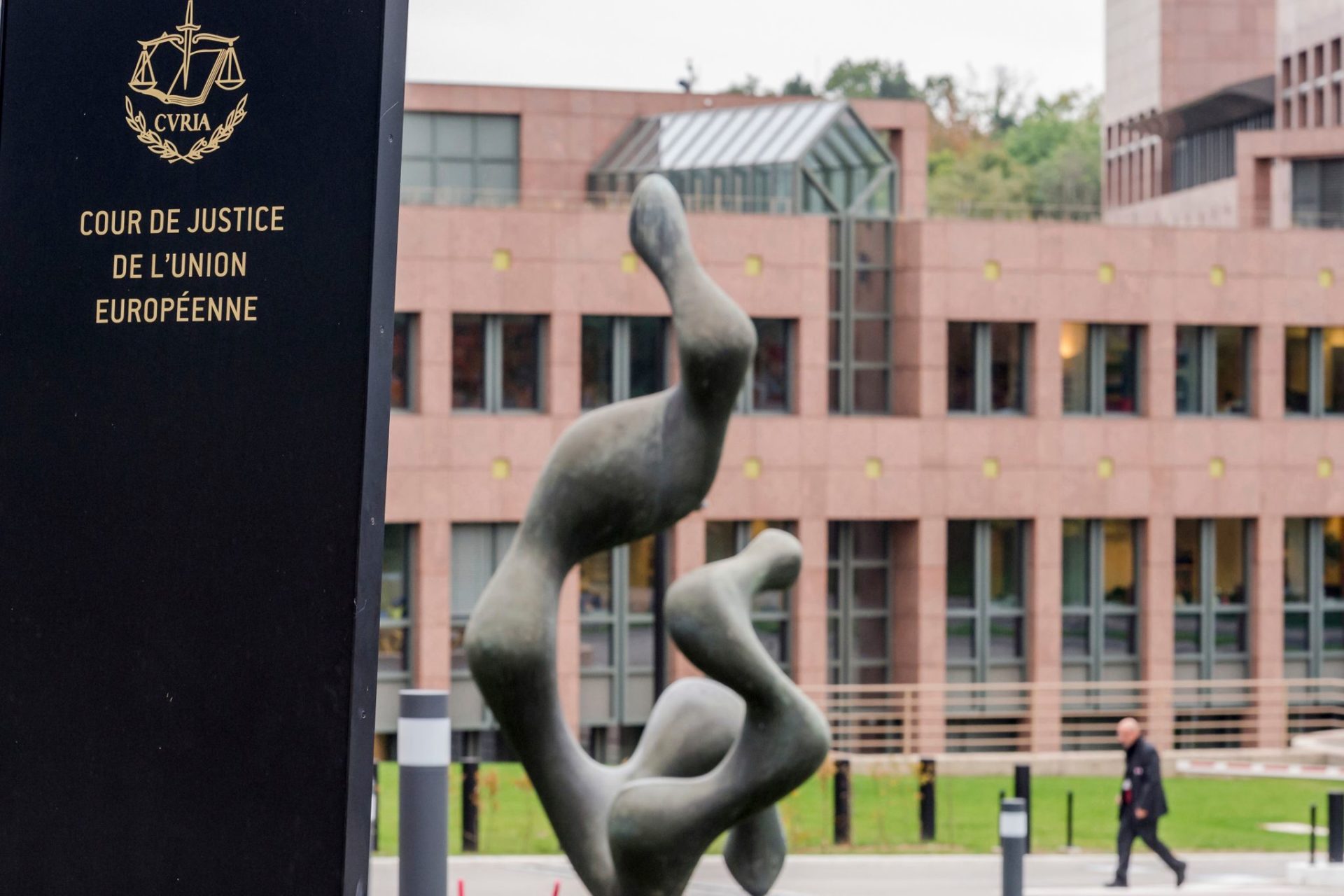 Have the article read by OpenAI (Beta). Please note that AI translations may take some time to process.
Have the article read by OpenAI (Beta). Please note that AI translations may take some time to process.ExxonMobil wants to block the taxation of “excess profits” of energy giants in Europe
New York (AFP) – American energy group ExxonMobil appealed to the Court of Justice of the European Union (CJEU) on Wednesday against the windfall tax for energy giants planned by Brussels, which according to the company could “discourage investment.”
Adopted at the end of September and officially called the “temporary solidarity contribution”, this charge is supposed to be paid by oil, gas and coal producers and distributors who have made huge profits thanks to the price spikes following the start of the war in Ukraine.
The system allows EU states to collect 33% of taxable profits for 2022 if they are more than 20% higher than the average of the years 2019-21. This money is then meant to be redistributed to households and businesses faced with soaring bills.
When the European Commission proposed the measure, they were careful not to use the word “tax”, as any new tax provision at the European level would have required the unanimity of the 27 Member States. (December 28)
Kosovo asks the EU for help to resolve tensions with Serbia
Madrid (Europapress) — The Ministry of Foreign Affairs of Kosovo has asked the member countries of the European Union to take measures against Serbia to assist in the peaceful resolution of tensions in the northern part of Kosovo. Kosovo became unilaterally independent from Serbia in 2008.
In a letter, the ministry points out the need for Serbia to return to dialogue and reviews the latest incidents. These include the erection of barricades by the Serbian minority in the city of Mitrovica in northern Kosovo and attacks on journalists from Kosovar media.
Meanwhile, the EU and the United States have demanded that the parties contribute to calming the situation and to refrain from “provocations, threats and intimidation.”
Tension increased in the area when Kosovo Serb communities blocked the main border crossing between the two countries in Merdare. Afterwards, the Kosovar authorities closed traffic in Merdare, and other points continued to be blocked by barricades. The barricades would be removed, Serbian President Aleksandar Vucic announced after meeting with the Serbian minority in Kosovo. (December 28/29)
Russia bans oil exports to countries that comply with price ceilings
Brussels (Belga) – From February 1 next year, Russia will no longer sell Russian oil to countries that use the price ceiling agreed by the EU, the G7 and Australia in early December. This is stated in a decree signed by President Vladimir Putin.
The ban on crude oil exports will take effect on February 1 and will last at least until July. The ban applies to all “contracts that make direct or indirect use of the price ceiling” and “at all stages from export to the consumer,” the decree states. The ban on exports of derived oil products will take effect at a later date, which is yet to be determined by the Russian government.
With the price ceiling, the West wants to force Moscow to sell its oil to third countries at a maximum price of 60 dollars per barrel. If those countries pay more, companies in theEuropean Union, the G7 and Australia are no longer allowed to provide services that enable the transport of this oil. This involves sea transport or cargo trading and insurance.
The majority of Western countries had already stopped importing Russian oil when Russia invaded Ukraine. In addition, Russian oil is currently sold for around 60 dollars. The impact of the price ceiling should therefore be rather limited for the time being. The West intends to evaluate the price cap every two months.
Russia previously threatened to cut crude oil production by 500,000 to 700,000 barrels per day next year. Those statements caused oil prices to rise last week. Russia produced an average of 10.9 million barrels of oil per day last month, according to information that the Bloomberg financial news agency was able to access. That puts production at its highest level in eight months. (December 27)
This is a compilation of the European coverage of enr news agencies. It is published Wednesdays and Fridays. The content is an editorial selection based on news by the respective agency.
